Publications
Articles, publications, books, tools and multimedia features from the U.S. Institute of Peace provide the latest news, analysis, research findings, practitioner guides and reports, all related to the conflict zones and issues that are at the center of the Institute’s work to prevent and reduce violent conflict.
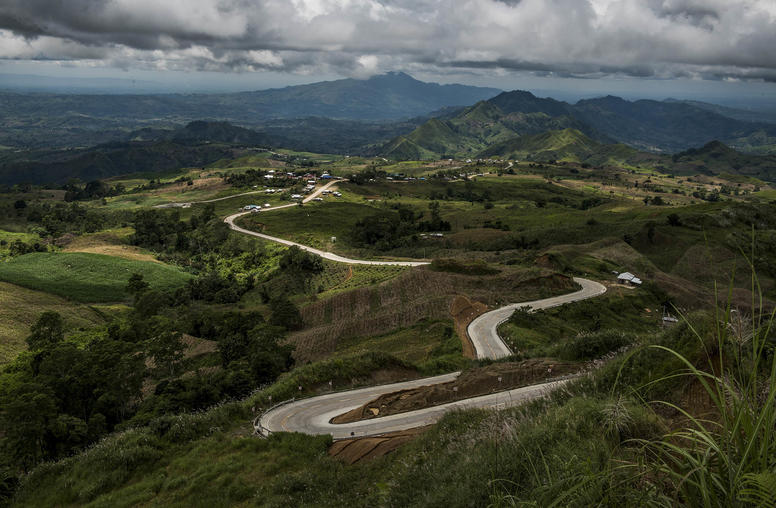
Philippines: Seizing the Opportunity Offered by the Bangsamoro Transition Extension
On October 28, 2021, Rodrigo Duterte, then president of the Philippines, signed into law a three-year extension of the transition period of the Bangsamoro Autonomous Region of Muslim Mindanao. The region’s first parliamentary elections are now scheduled for May 2025, alongside the national elections. In 2021, the Mindanao Peoples Caucus (MPC) actively campaigned for the extension of the transition period to provide more time for the Bangsamoro Transition Authority and the Philippine government to fully implement and deliver the commitments they made in the 2014 peace agreement between the national government and the Moro Islamic Liberation Front. The agreement grants greater political autonomy to the southern Mindanao region.
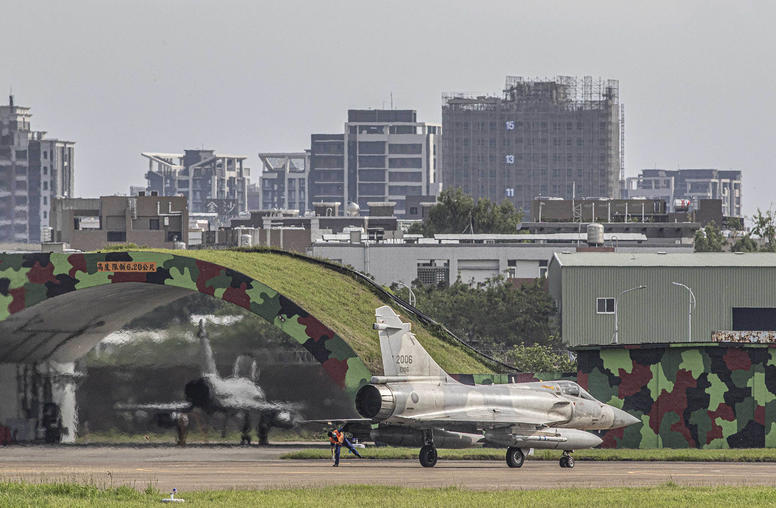
What Pelosi’s Trip to Taiwan Tells Us about U.S.-China Relations
This week witnessed the visit of the most senior elected American official to the island of Taiwan in a quarter century — a visit surrounded in controversy and unfolding against the backdrop of an increasingly fraught U.S.-China relationship.
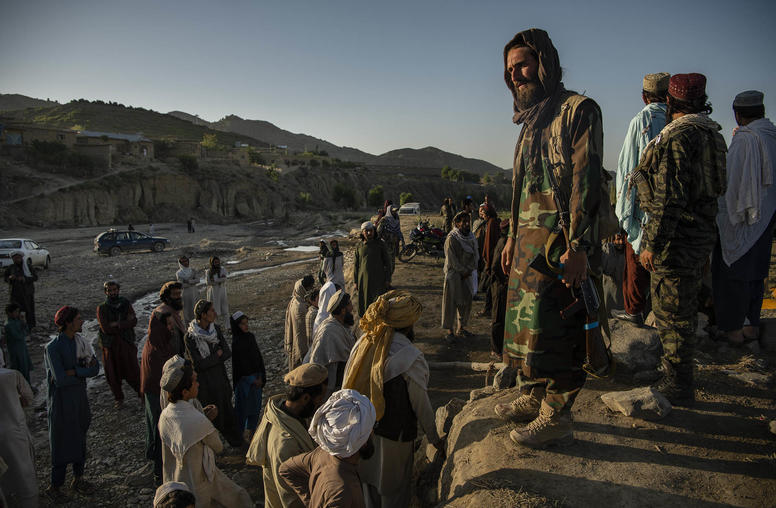
One Year Later, Taliban Unable to Reverse Afghanistan’s Economic Decline
Afghanistan’s economy was already deteriorating before the Taliban takeover of the country on August 15, 2021, suffering from severe drought, the COVID-19 pandemic, declining confidence in the previous government, falling international military spending as U.S. and other foreign troops left, human and capital flight, and Taliban advances on the battlefield. Then came the abrupt cutoff of civilian and security aid (more than $8 billion per year, equivalent to 40% of Afghanistan’s GDP) immediately after the Taliban takeover. No country in the world could have absorbed such an enormous economic shock — exacerbated by sanctions, the freezing of Afghanistan’s foreign exchange reserves and foreign banks’ reluctance to do business with the country.
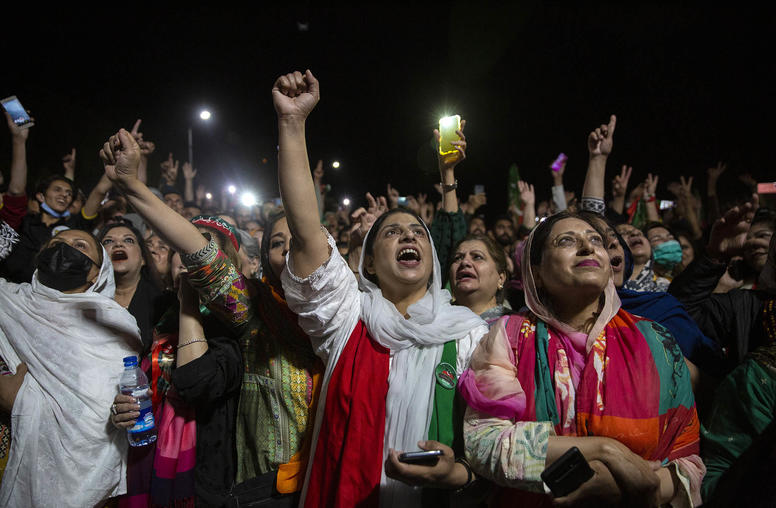
Pakistan’s New Government Struggles to Consolidate Control
Pakistan’s current government, an unwieldy multi-party coalition led by Prime Minister Shehbaz Sharif of the Pakistan Muslim League Nawaz (PML-N) party, faced a new setback in July after losses in mid-month special elections for 20 constituencies in the country’s heartland province of Punjab. Although the PML-N coalition attempted to retain control of the provincial government through manuevers in the provincial assembly, a Supreme Court ruling on July 26 overturned earlier precedent and ordered the election of Chaudhry Pervaiz Elahi, an ally of former Prime Minister Imran Khan, to the position of chief minister.
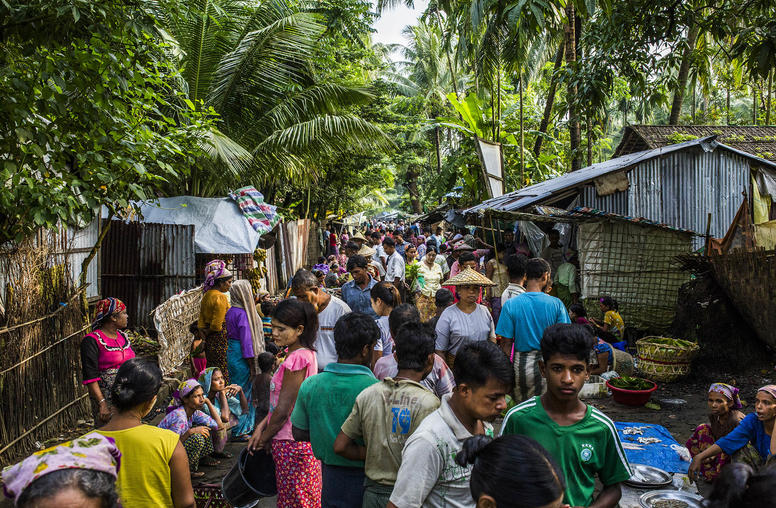
Myanmar’s Rakhine State: Parties Split, Rebels Rise, and the Junta Schemes
Myanmar’s military regime has a plan for trying to establish its governing legitimacy next year: In August of 2023, the dictatorship, which overthrew a democratically elected government in early 2021, intends to hold sham elections. A critical piece of this strategy involves maneuvering Myanmar’s welter of small ethnic parties into taking part in the electoral process. Nowhere are the risks and uncertainties inherent in the generals’ plan more evident than in poor but economically strategic Rakhine State on Myanmar’s western border with Bangladesh and India.
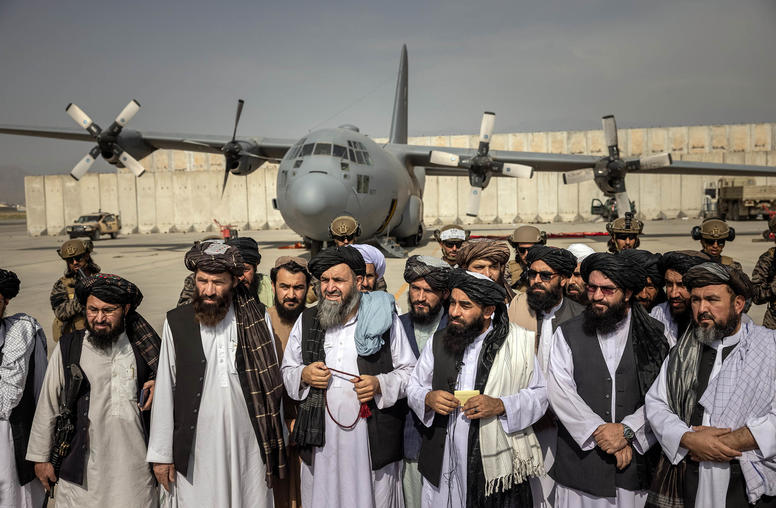
A Year After the Taliban Takeover: What’s Next for the U.S. in Afghanistan?
A year ago this month, the United States’ longest war ended, punctuated by the Taliban’s rapid takeover of Kabul. In the year since, U.S. policy on Afghanistan has focused on evacuating remaining U.S. citizens and partners in the country and addressing the country’s deteriorating humanitarian and economic crises. U.S. engagement with the Taliban has been limited and Washington has premised normalizing relations on the Taliban upholding counterterrorism commitments, respecting human rights and establishing an inclusive political system. There has been little indication that the Taliban are interested in following through on the latter two issues and the recent killing of al-Qaida leader Ayman al-Zawahiri in Kabul demonstrates that the regime has not met its pledge to cut ties with transnational terrorist groups.
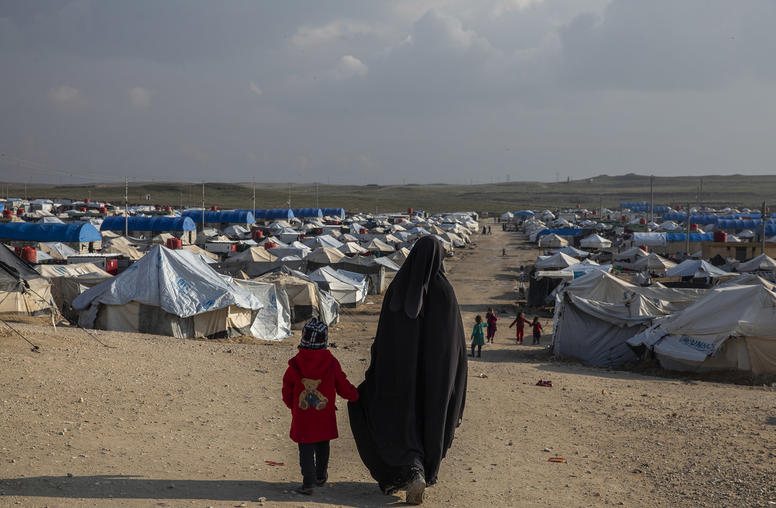
Children Are Neglected Victims of Syria’s War
As the war in Syria enters its tenth year, the conflict’s disproportionate toll on children underscores the generational challenge that lies ahead. An enduring political solution to the conflict remains a distant prospect, but humanitarian interventions to assuage Syrian children’s suffering must be prioritized today. An end to the fighting would be the most impactful development, but in the interim, intensifying efforts to address trauma, diminish early marriage and child labor, and rejuvenate education can help relieve some of the pain and begin to rescue the generation that holds Syria’s future.
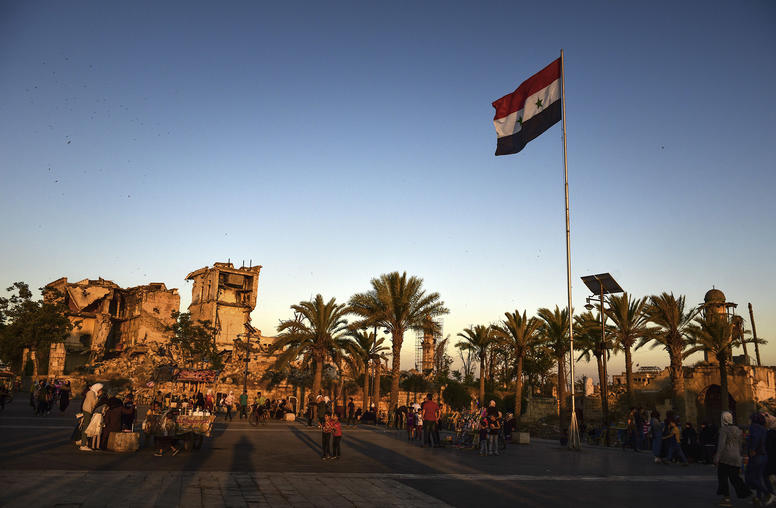
After Nine Years, Syria’s Conflict Has Only Become More Complicated
In March 2011, as the Arab world was roiled by demonstrations, protests broke out in Syria to demand political reform after four decades of Assad rule. Nine years later, the Assad regime is on the offensive against the last rebel stronghold of Idlib, with Russia, Turkey and Iran all heavily invested in the conflict. The humanitarian consequences for Syrians cannot be overstated and a political solution to conflict seems as distant as ever. USIP’s Mona Yacoubian discusses the dreadful toll on the Syrian population and what the battle for Idlib means for the trajectory of the conflict.
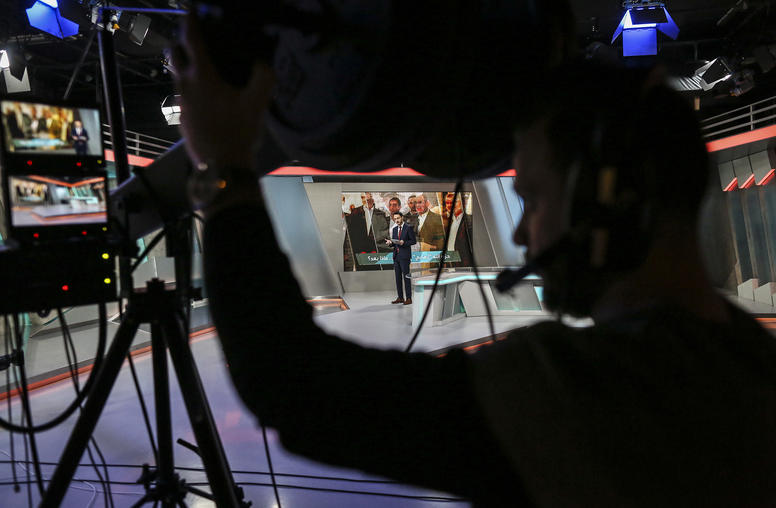
Rethinking Media’s Role in Conflict and Peace in the Middle East
In 2014, the world watched in disbelief, as global news networks covered the stream of gruesome and horrific beheading videos released by the so-called Islamic State. For the first time, by bringing the terror of the Islamic State directly to the devices in the palm of our hands, it felt personal and close by, rather than across the world in a mysterious land.
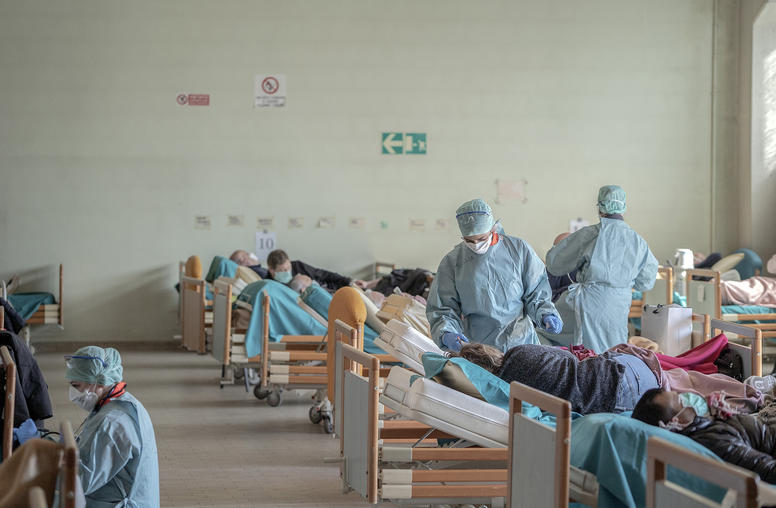
Amid Global Coronavirus Outbreak, What About Refugees?
With COVID-19 officially labelled a global pandemic, the focus for many countries has turned toward protecting their most vulnerable populations. But what about camps for refugees and internally displaced persons (IDPs)? Many camps lack the resources to maintain their already poor infrastructure, and the threat of a COVID-19 outbreak puts millions of displaced persons in a dangerous position. USIP’s Fouad Pervez looks at the unique risks that COVID-19 poses to refugees and IDPs, the impact an outbreak among these groups would have on the global pandemic, and what the international community can do to protect them.